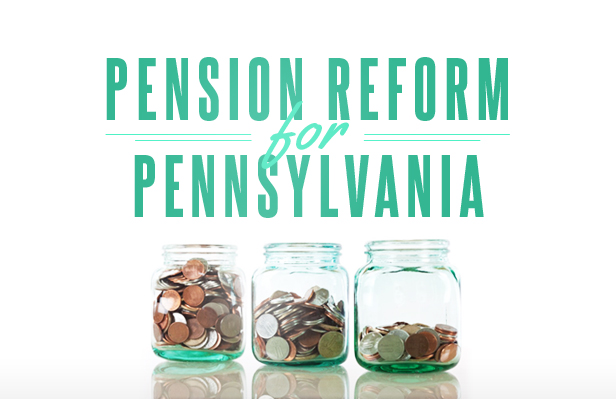Media

The Perplexing Problem with Pensions
Traditional pensions are plagued by their dependence on guesswork—estimates on economic growth, employee behavior, and investment return—writes Grove City economist Mark Hendrickson in a recent piece. The errors in these costs are passed on to taxpayers, those same taxpayers who have seen private employers switch from traditional, defined-benefit plans to defined-contribution plans similar to a 401(k).
Hendrickson writes:
In sum, defined-benefit plans beguiled us. Attractive on the surface, they were inherently flawed due to the impossibility of knowing the future. Now it appears that they will cause a huge amount of strife and divisiveness in communities and states across the country in the coming years. There will be a lot of pain, and the political struggle will be over how that pain is distributed. It may take decades to sort out the mess, but ultimately, the only fair and viable (though still imperfect) system would be for everyone to have defined-contribution pension plans. Getting from here to there isn’t going to be easy.
Basically, traditional pensions can be easily manipulated for political gain. Thankfully, efforts to reform Pennsylvania’s two pension system by putting new employees into a defined-contribution plan, like SB 922 and HB 1352 and HB 1353 have been making their way through the legislature.
Visit our activism page here to see how you can ensure lawmakers pass needed pension reform.